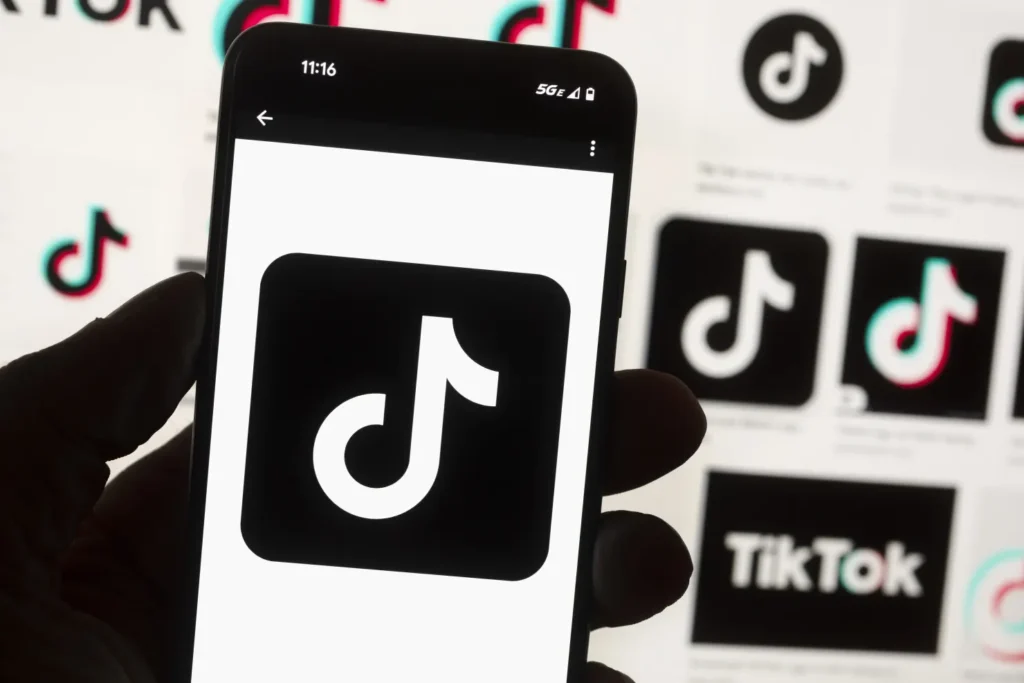
In a significant move, the US Senate has passed legislation aimed at compelling TikTok’s China-based parent company to sell the popular social media platform or face a ban. The bill, passed with a 79-18 vote, is part of a larger $95 billion foreign aid package that includes provisions for Ukraine, Israel, and Taiwan. President Joe Biden has expressed support for the TikTok proposal and is expected to sign the package promptly upon receiving it.
The decision to include the TikTok legislation in the aid package was a strategic move by House Republicans, designed to expedite its passage through Congress. The move follows negotiations in the Senate, where an earlier version of the bill had stalled. The revised legislation gives ByteDance, TikTok’s parent company, nine months to sell the platform, with a possible three-month extension if a sale is in progress. It also prohibits ByteDance from retaining control of TikTok’s algorithm, a critical component of the app’s functionality.
The passage of this legislation reflects longstanding bipartisan concerns in Washington regarding Chinese influence and the ownership of TikTok. Lawmakers and officials have expressed fears that Chinese authorities could use TikTok to access US user data or influence American users through content manipulation.
Supporters of the bill argue that it is necessary to protect national security and prevent foreign adversaries from exploiting US technology for malicious purposes. However, opponents contend that banning TikTok is an extreme measure that lacks sufficient justification. They suggest that a comprehensive federal data privacy law would be a more effective approach to protecting consumer data.
TikTok, for its part, has consistently denied allegations that it poses a security threat. The company has signaled its intention to challenge the legislation in court, with TikTok’s head of public policy for the Americas stating that legal action will be pursued once the bill is signed into law.
The legislation has sparked concerns among TikTok content creators, many of whom rely on the platform for income. Some creators have voiced their opposition to the bill, arguing that TikTok is a safe platform and that its data protection measures, such as Project Texas, ensure the security of user data. The future of TikTok in the US remains uncertain as the legal and political ramifications of the legislation continue to unfold.
